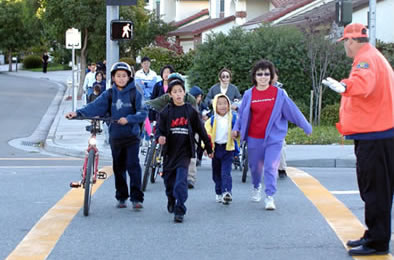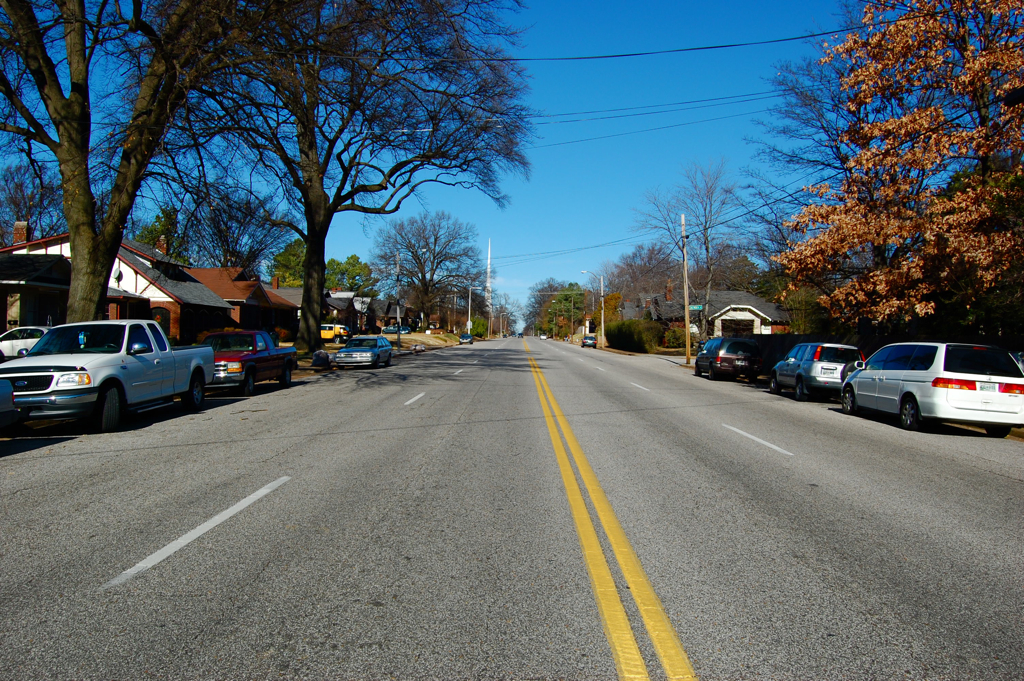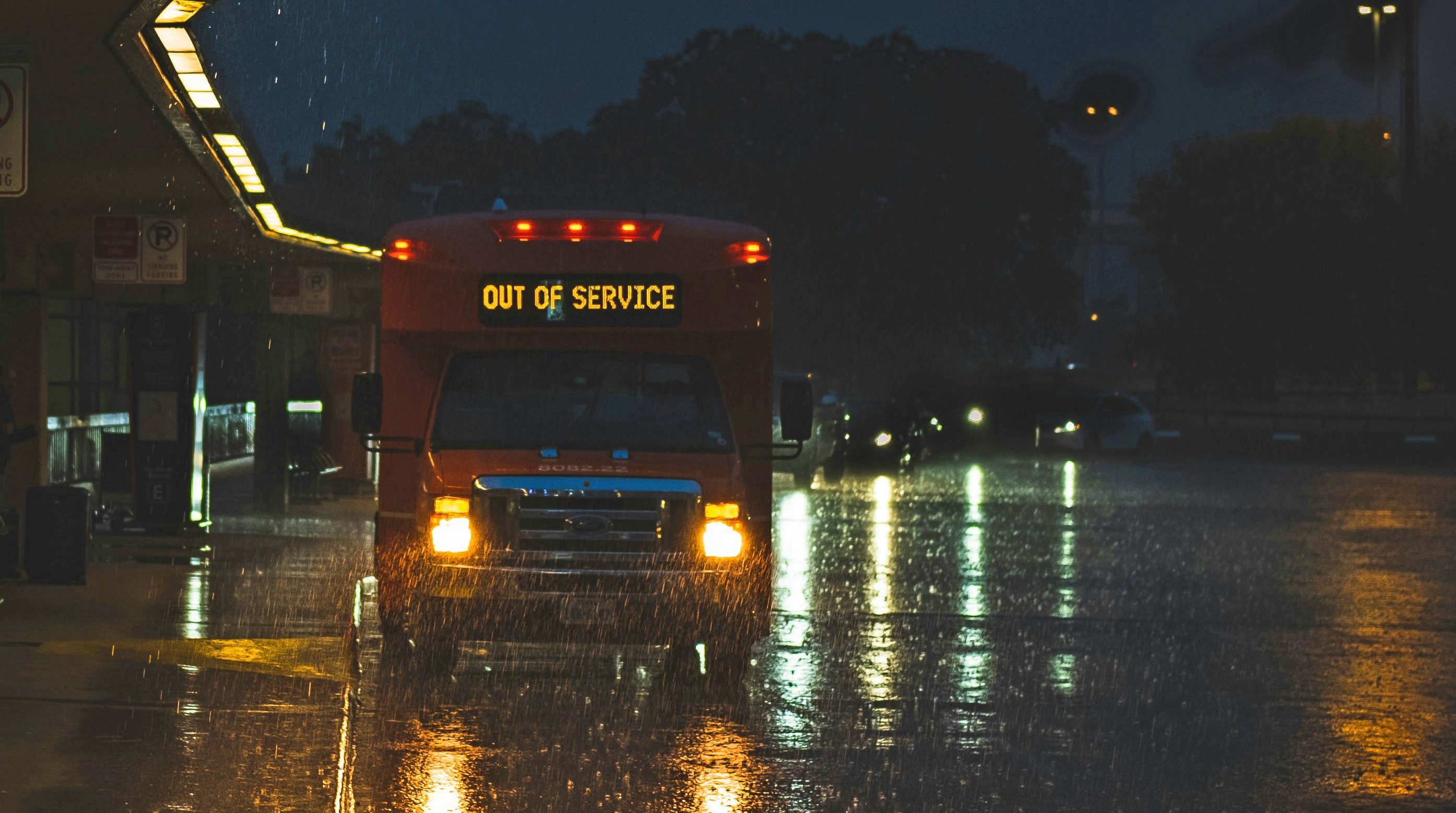We reported last week that the House had proposed allowing states to “opt out” of funding bicycle and pedestrian safety improvements in its counter-offer to the Senate during transportation bill negotiations. The House GOP essentially wants to reject the Cardin-Cochran amendment, which gave local governments control over half the “Additional Activities” funding set aside for bike/ped programs, letting states make decisions about the other half.

But it gets worse. The House also proposed eliminating the Safe Routes to School program entirely.
It's part of the House GOP attack on programs that fund bicycle and pedestrian and other small-scale transportation projects.
"Local governments across the country need transportation funding to build sidewalks, bike lanes, and bike paths," the League of American Bicyclists and America Bikes wrote in an action alert. "These small-scale, local projects make streets safer and help build more economically competitive downtowns. If the House of Representatives gets its way, though, local governments won’t have the opportunity to access funds for local projects."
Safe Routes to School was one of these popular projects. Another was Recreation Trails, and another was Transportation Enhancements. They were collapsed into a catch-all category called “Additional Activities” in the Senate's MAP-21 bill. The House now calls them “Transportation Alternatives.” It’s hard to know what’s more off-base: relegating active transportation to a miscellaneous afterthought, as “additional” seems to imply, or calling them "alternatives" to real transportation – you know, the kind propelled by fossil fuels.
The House proposal would also make carpool and vanpool programs eligible for “Additional Activities” funding. While these are certainly good and worthwhile transportation programs, allowing them to compete with bike/ped dollars dilutes the purpose of the one tiny program that's supposed to be for non-motorized modes. As it is, some “environmental mitigation” funding under AA can already go to road-building projects.
There’s a lot of unseemliness lurking beneath the surface of the House’s proposal. First of all, there was no “Transportation Alternatives” section in the “beach ball” of a House bill that went to conference, so it’s a little unorthodox for the House to be crafting new bill language in its counter-offer to the Senate once the bill is already in conference. And by unorthodox we mean against Congressional rules. This end-run around the conference committee process should be thrown out.
Second, let’s remember that Cardin-Cochran was a bipartisan amendment. (Thad Cochran is a six-term Mississippi Republican who co-sponsored the amendment as a victory for local control – a conservative value if ever there was one.) The Senate gave it a resounding seal of approval. Why is the House rejecting local control?
Third, David Burwell of the Carnegie Endowment wrote this weekend about another change the House is proposing which, he said, “smells a bit fishy”:
Instead of setting aside 10 percent of the Surface Transportation Program for TE projects, the counter-offers sets aside 2 percent of the total reauthorization spending level for the new "Transportation Alternatives" program. While the total amount is approximately the same -- about $900 million annually -- it raises some alarms.
For example, will the money be taken "off the top" and set aside in a separate TA account or would it be 2 percent from each program? If the latter, would the restrictions on the use of funds from each of these accounts apply? For example, National Highway System Funds can only be spent on NHS-eligible roads and bridges. Attaching the TA funds to all federal-aid programs also increases the likelihood that the TA funds will be used on mitigating adverse impacts of these projects -- an obligation that already exists for all projects that are paid out of project funding.
TE/TA expenditures are required to be assigned to independent projects--i.e. projects in which the TE outcome is the core project purpose such as a new rail-trail, restoration of an historic railroad deport, or a new bike/ped facility. Funding TE/TA from the entire program risks losing the "independent" characteristic of these projects and thus the value of the program itself.
The bike/ped piece, of course, is just one (large) point of disagreement between the two chambers. Support for transit operations in times of high unemployment is another, not to mention the three “poison pills” inserted into the House bill about the Keystone pipeline, coal ash deregulation, and streamlining environmental reviews. (The House has also submitted its counter-offer on environmental streamlining, but the details are still under wraps.) Interestingly, the issue that seemed to send so many conservatives packing – the fact that the Senate bill overspends the Highway Trust Fund receipts – is now a non-issue, following the crushing defeat of the Broun amendment last week.
Is it any wonder that Speaker John Boehner is talking about a six-month extension? If this is as far as the spirit of compromise can take the conference committee, we might as forget about it. Nice try passing a bipartisan bill, Senators. The House is only too happy to obliterate all your hard work.





